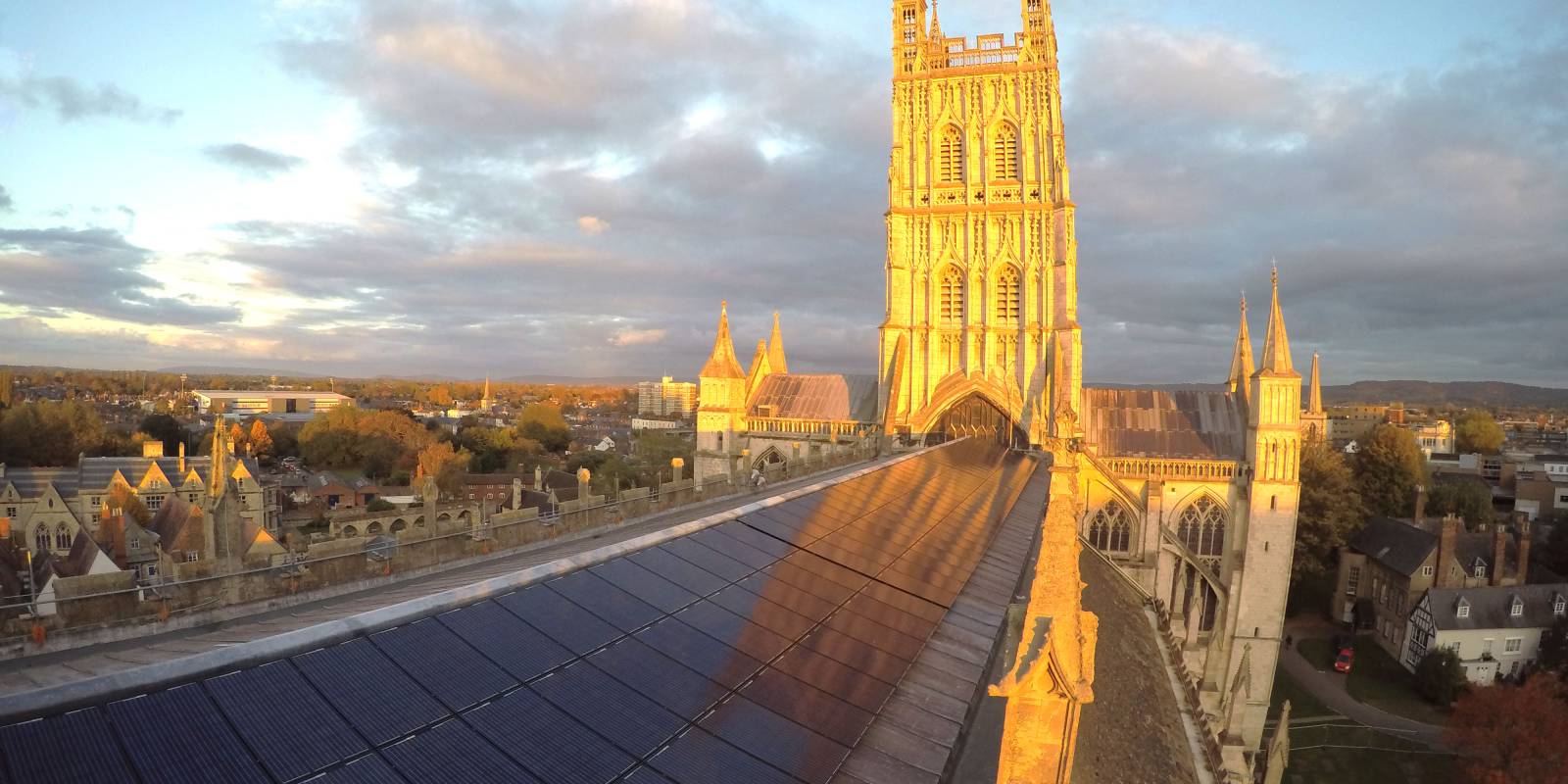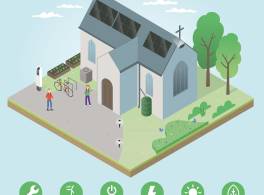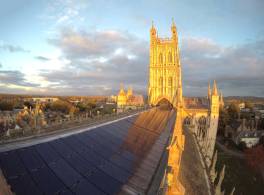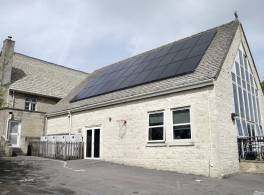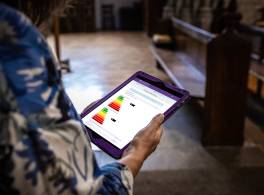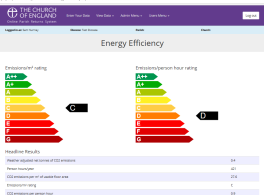Our plan for net zero carbon by 2030
View the Routemap (interactive PDF download)General Synod voted in February 2020 for the whole of the Church of England to achieve net zero carbon by 2030. The vote recognised that the global climate emergency is a crisis for God’s creation and a fundamental injustice.
The Synod asked for a plan to be made, setting out how to get to net zero carbon. That plan of action, called the Routemap, was approved by General Synod in July 2022 in a Motion that asked for the Routemap to be endorsed, requested every Diocesan Synod to debate the Routemap as it applies to them, requested high energy users within the Church to draw up a programme of action based on the Routemap, and called for progress reports to Synod every three years.
The Routemap was written by the Net Zero Carbon sub-committee of the national Environmental Working Group. It went to consultation from October 2021 to February 2022 and the responses received shaped this final version.
Resources for...
Theological education institutions
Milestones for theological education institutions to achieve net zero carbon by 2030.
Learn moreKey themes from the Executive Summary
It is possible to reduce carbon emissions from nearly every building by relatively easy and cheap methods that reduce energy consumption, improve energy efficiency and make the building more comfortable. Eliminating all carbon emissions from a building is more challenging and costly, although it can be done with existing technologies. The Routemap therefore prioritises identifying high energy-consuming, high carbon-emitting buildings, and developing plans to tackle carbon emissions from them. The key themes that are applicable to most of our buildings are:
Net zero carbon planning principles
Seven planning principles need to guide all our work if we are to achieve year-on-year reductions in our greenhouse gas emissions and, ultimately, reach net zero carbon. We hope these principles will inform the action of all parts and levels of the Church of England across the country.

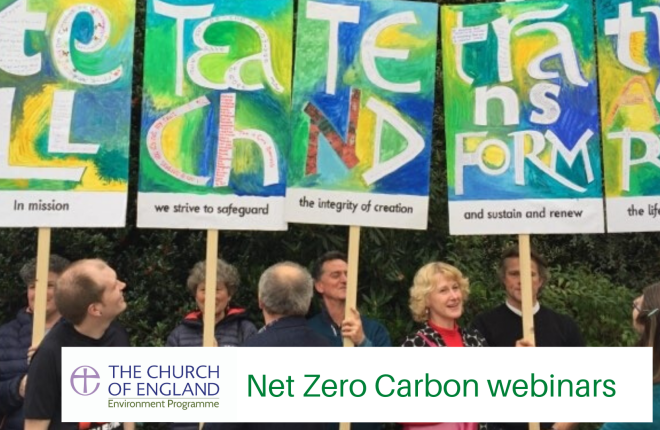
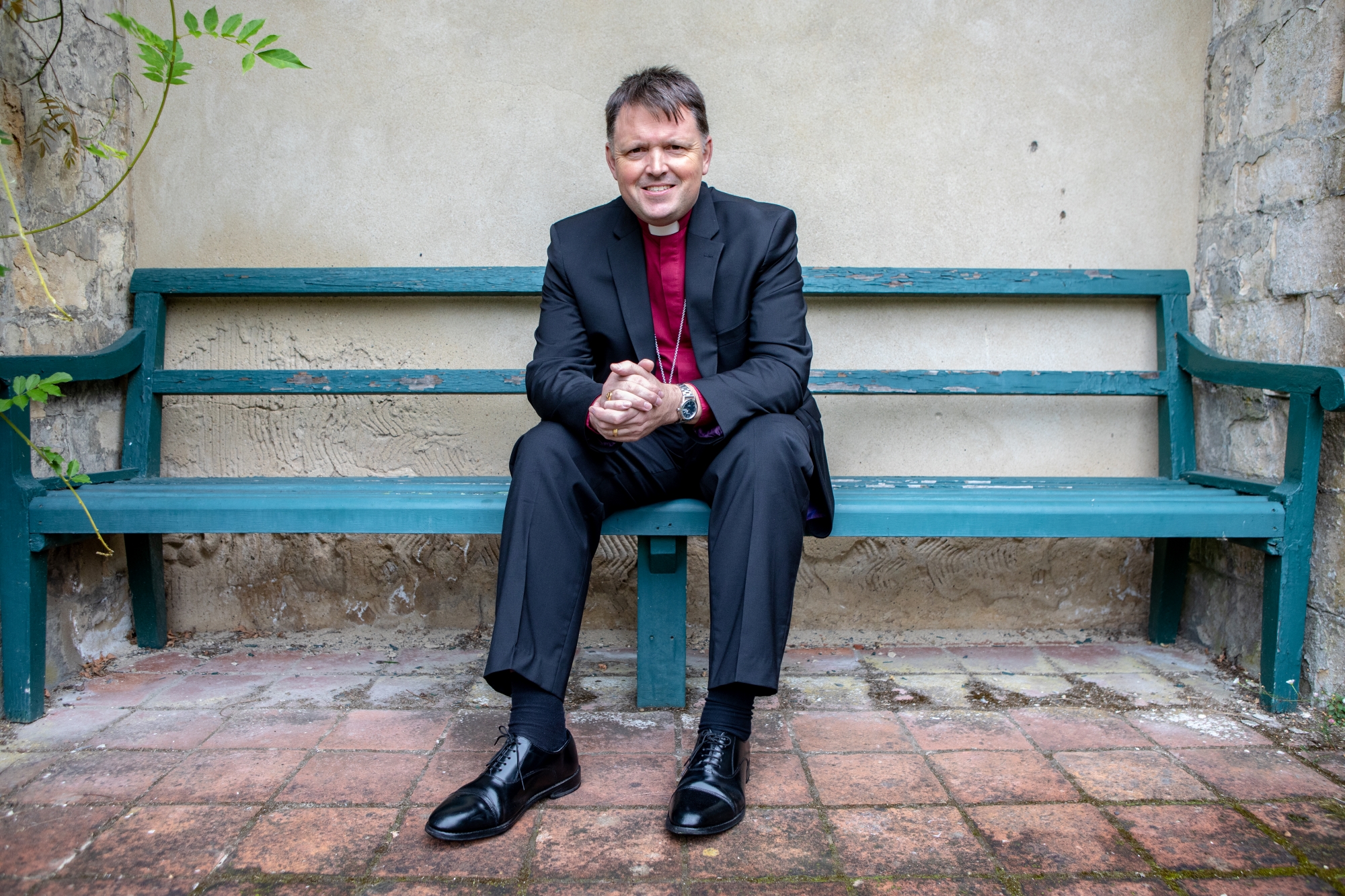
"There is no question that achieving Net Zero Carbon by 2030 is an almighty challenge, but this detailed Routemap, that has been developed in partnership across the whole Church, sets out a practical and pragmatic way to making this a reality.
This is a crucial decade for the planet, and I want to approach the challenge of Net Zero Carbon with a hope-filled realism that we can achieve this together.”
Bishop Graham Usher, lead bishop for the Environment
Routemap supporting documents
- Young peoples views on why net zero matters (282.59 KB)
- EFT 2019 Data (161.11 KB)
- EnergyFootprintTool2020 (339.06 KB)
- Net Zero Carbon Progress Report June 2022 (172.47 KB)
- Glossary and Abbreviations for the Routemap (186.09 KB)
- Routemap To Net Zero Carbon By 2030.pdf (2.34 MB)
